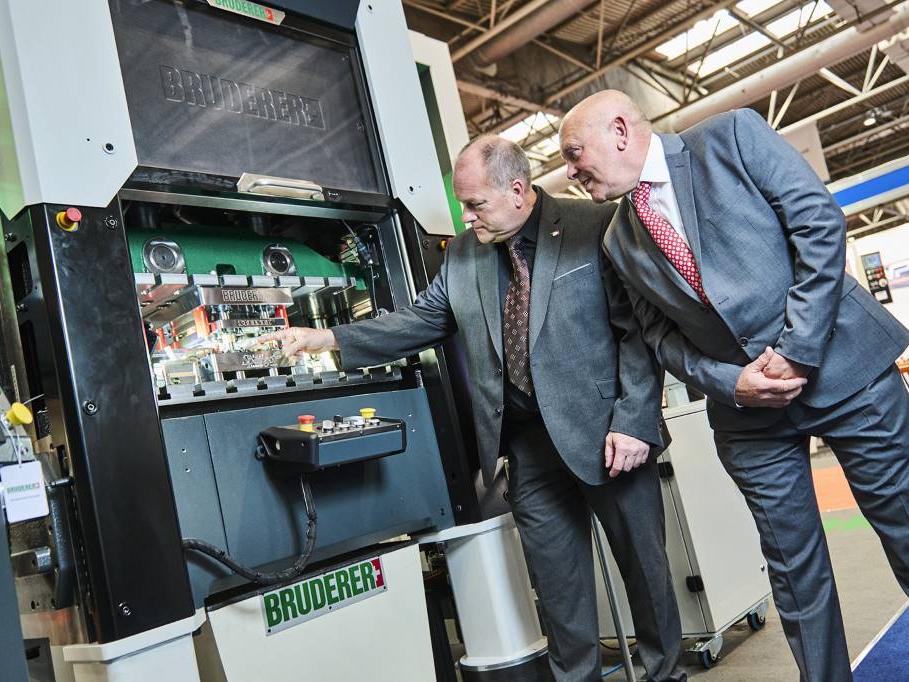North East is ready to deliver for changing industrial economy – MPI
A panel discussion on the future of UK engineering has heard that the North East, and Teesside in particular, is well placed to deliver on the rapidly evolving industrial economy.
The Materials Processing Institute event heard that the industry is facing major transformational challenges. But the audience of more than 60 guests, including a wide selection of representatives from local industry, was told that the North East and Teesside are already making great strides in preparing for a future low-carbon technology-led economy, supported by an education system able to deliver the right skills and knowledge.
The panel discussion, held at the Institute’s Middlesbrough campus, was chaired by its chief executive Chris McDonald and comprised: Tees Valley Mayor Ben Houchen; Dr Jonathan Aylen, president of the Newcomen Society and honorary researcher at Manchester Business School; Liz Mayes, chief executive of The Common Room of the Great North; Penny Marshall, regional director of the Institution of Civil Engineers and Paul Freeman, head of blast furnaces of Primetals Technologies.
Mr McDonald said the discussion covered a wide range of topics from innovation and skills, industrial strategy, international trade and what can be delivered at local and national level to develop a successful industrial economy.
He said: “The Institute is just one example in this region of the ongoing research and development taking place to transform the future economic landscape – in such areas as advanced materials, low carbon energy, the circular economy and digital technologies.”
Ben Houchen said: “This event reflected the optimism we have as a region that has a fantastic engineering heritage and its future contribution to the development of clean technologies, such as hydrogen energy and carbon capture and storage.”
Earlier, Paul Freeman said the region’s industry had been hit by globalisation of traditional technologies and that it was vital to develop future engineers with a broad knowledge of engineering disciplines able to innovate new technologies and adapt to continually evolving tools and techniques.
Liz Mayes argued that the UK requires an effective industrial strategy offering support to businesses at both local and national level. She added that there remains a mismatch between education and the needs of industry and highlighted a lack of progress in attracting more women into engineering and STEM careers.
Dr Aylen said the pattern of manufacturing has changed and is now concentrated on fewer and fewer sectors and relies much less on unskilled or unqualified workers. He highlighted the huge advances in technology which are already having a major impact on engineering - which this country is well-placed to take advantage.
Penny Marshall said that the foundations of engineering are still based on Victorian principles – something that is being transformed by the necessity to decarbonise and develop cheap and clean energy.
Materials Processing Institute www.mpiuk.com














